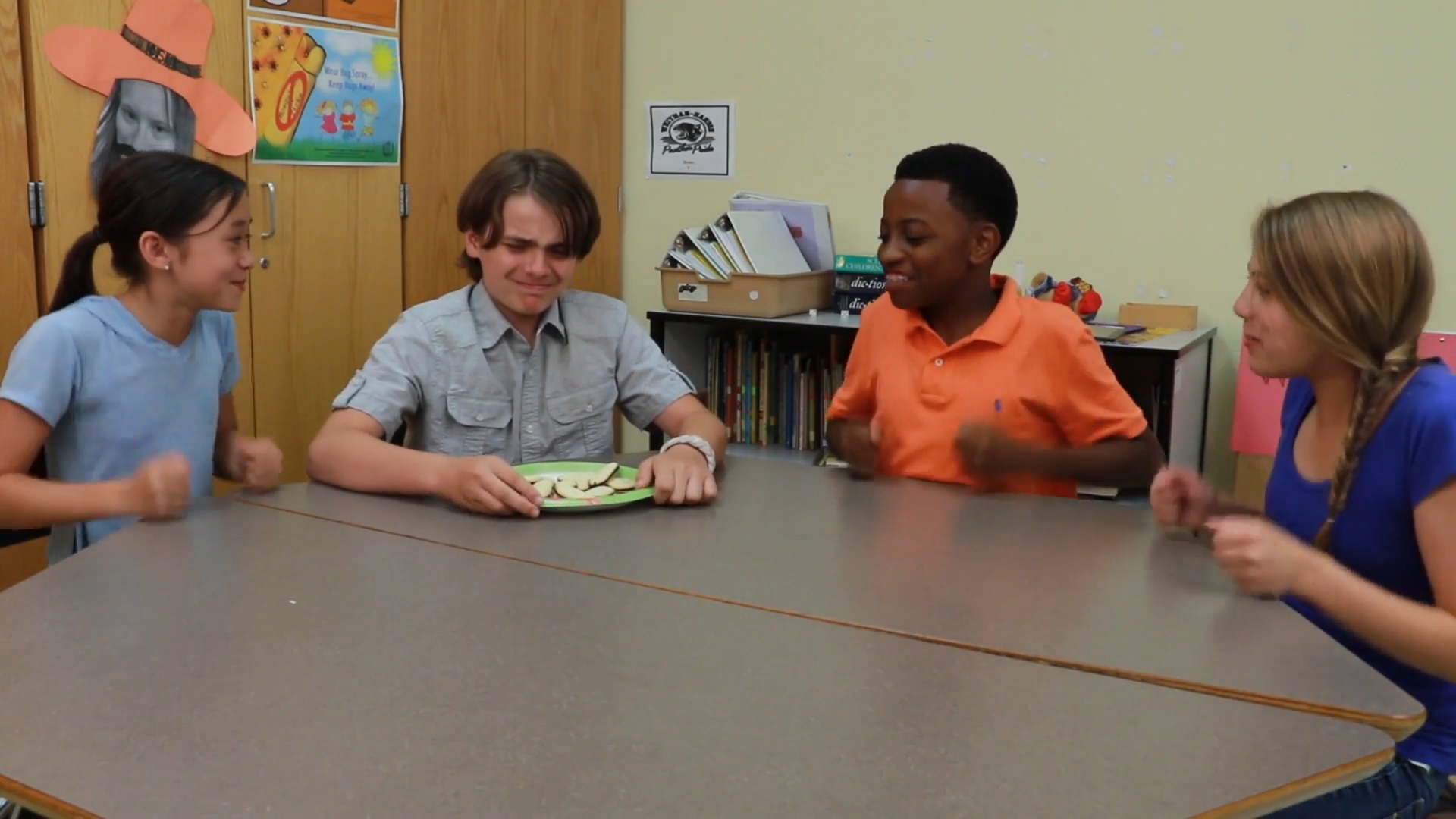
Special education students often face challenges in various aspects of their lives, including social interactions. One such challenge is the ability to overcome group pressure. In this blog post, we will outline the importance of this skill and provide specific IEP goals and strategies to help students effectively navigate group pressure situations.
Understanding Group Pressure and Its Impact on Students
Group pressure is the influence exerted by a group on an individual to conform to their expectations, often leading to the individual engaging in behaviors they may not necessarily agree with or want to participate in. This can negatively impact a student’s learning, social interactions, and overall wellbeing. By helping students develop the skills to resist group pressure, educators can empower them to make their own decisions and maintain healthy relationships with others.
The Role of Specialists in Developing Group Pressure Resistance
- Speech-Language Pathologists: They can help students improve their communication skills and assertiveness, enabling them to express their feelings and thoughts effectively when faced with group pressure.
- Social Workers: They can provide guidance on navigating social situations and understanding the dynamics of peer relationships, helping students recognize and resist group pressure.
- Psychologists: They can support students in developing coping strategies and building self-esteem, which can contribute to their resilience against group pressure.
- School Counselors: They can offer advice on decision-making and help students identify their values, allowing them to make informed choices when faced with group pressure.
IEP Goals for Overcoming Group Pressure
Goal 1: Improve Assertiveness and Communication
Strategies and Activities:
- Practice role-playing scenarios where the student faces group pressure and learns to assertively say “no.”
- Teach students the importance of using “I” statements to express their feelings and thoughts.
Goal 2: Develop Decision-Making Skills
Strategies and Activities:
- Encourage students to weigh the pros and cons of different choices in group pressure situations.
- Help students identify their values and use them as a guide when making decisions.
Goal 3: Strengthen Self-Esteem and Resilience
Strategies and Activities:
- Provide opportunities for students to succeed and build confidence in various areas of their lives.
- Teach students coping strategies to deal with the emotions associated with group pressure situations.
Implementing and Measuring Progress
To effectively implement and measure progress for the above IEP goals, consider the following tips:
- Collaborate with the specialists mentioned earlier to ensure a well-rounded approach.
- Regularly review the student’s progress and adjust strategies as needed.
- Encourage open communication between the student, educators, and parents to monitor progress and share insights.
Conclusion
Helping students overcome group pressure is essential for their personal growth and success in social situations. By implementing these IEP goals and strategies, educators can support students in developing the skills they need to resist group pressure and make informed decisions. We encourage you to apply these goals in your practice and invite you to explore more resources at Everyday Speech Sample Materials for additional support.





